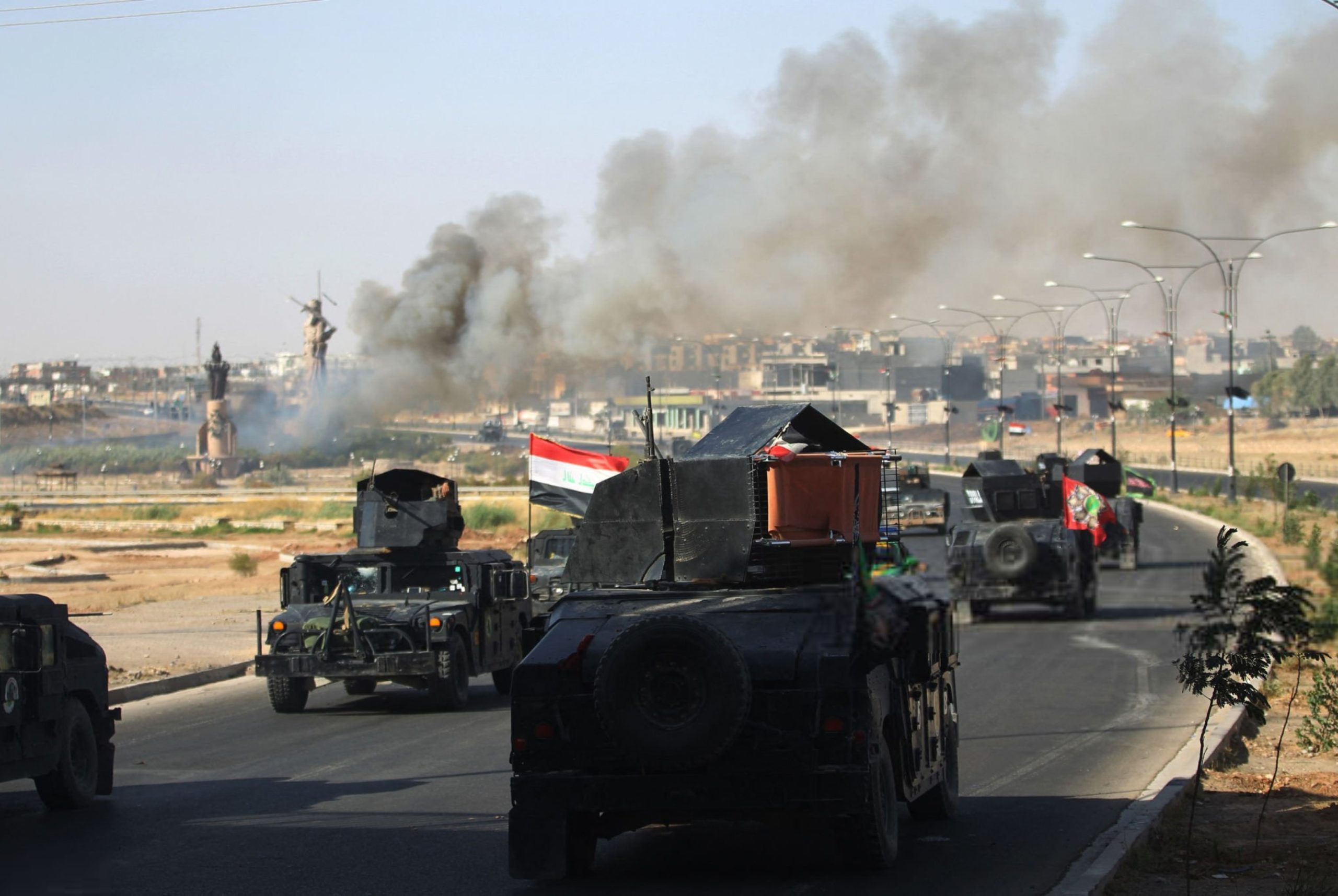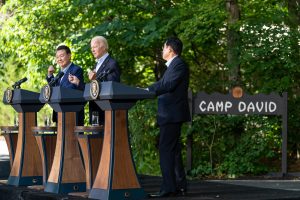








Kirkuk is once again shaken by historical conflicts under the shadow of oil. How will the power struggle between Kurds, Arabs, and Turkmens shape the city’s future?
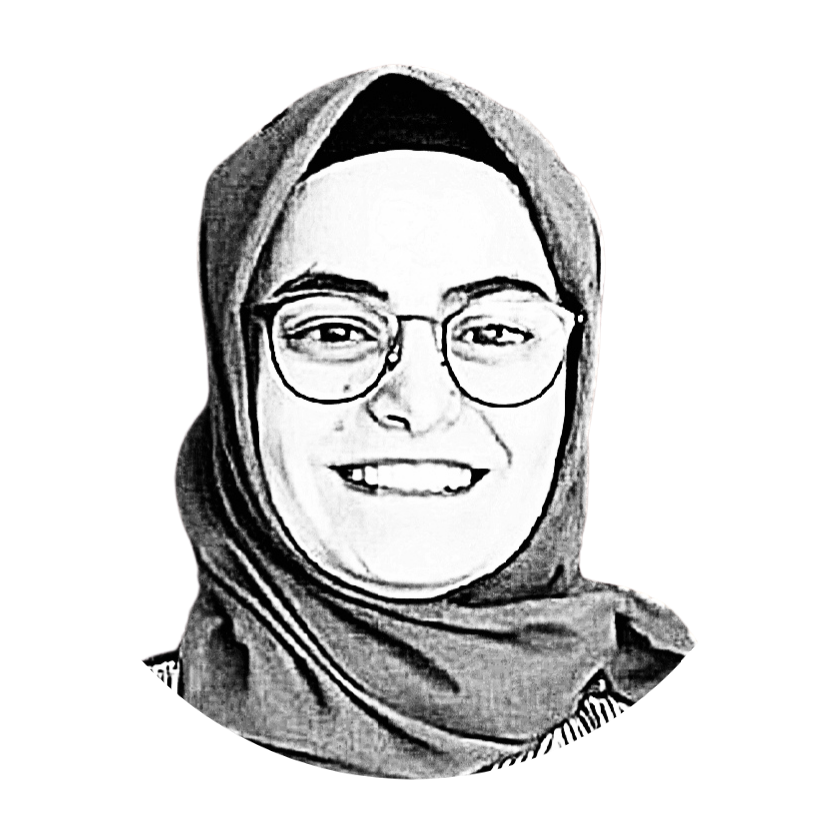
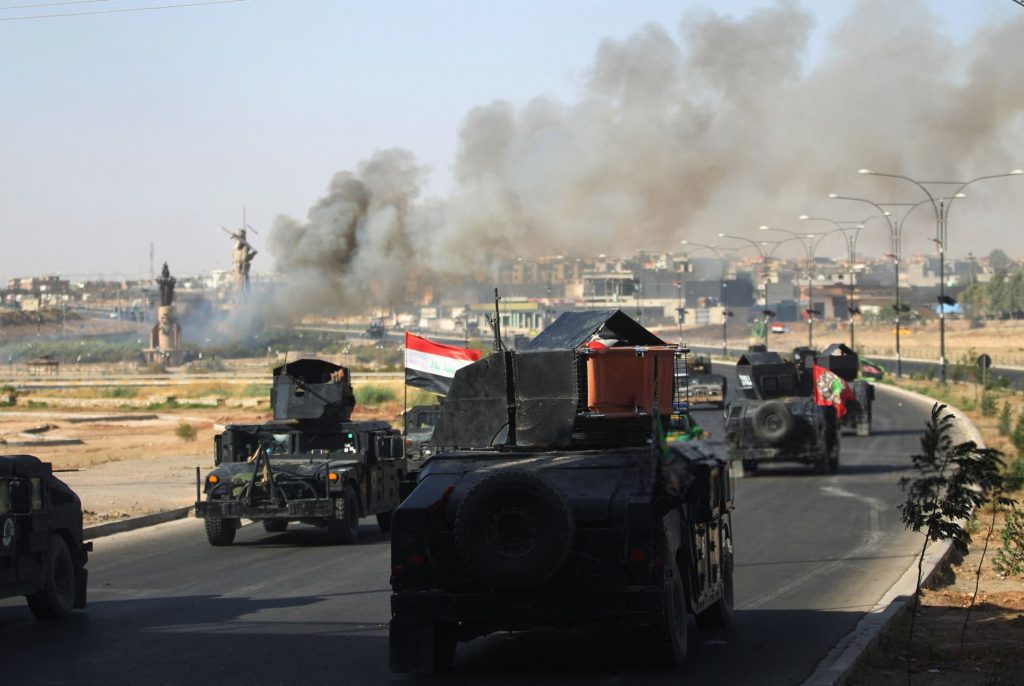
Welcome back to Middle East Brief, where we take a look at the complex and evolving dynamics in Kirkuk, a city with deep historical roots for Turkmens, Arabs, and Kurds. Today, we explore the recent governor crisis, the longstanding territorial disputes, and the political tensions that have shaped Kirkuk’s turbulent status. From the call for a rotating governor system to the challenges of reconciling the diverse ethnic groups, we break down the key issues and examine what the future might hold for this oil-rich and strategically vital city.
The way to understand the crisis in Kirkuk is to understand Kirkuk itself. One must grasp what Kirkuk means to Turkmens, Arabs, and Kurds, as well as its geopolitical importance. No event in the Middle East unfolds in a single day, week, or even a month. They all have deep-rooted historical contexts that stretch back many years. The recent governor crisis in Kirkuk, for example, dates back decades, to Saddam Hussein’s era and even to the Baathist junta of 1968. For days, there have been significant reactions and protests against the meeting held on August 10 at the Rashid Hotel in Baghdad to elect the Governor of Kirkuk and the Speaker of the Provincial Council—without the presence of any Turkmen representatives. While the majority of these reactions came from Turkmens, many Arabs also joined them in protest. According to Provincial Council law, all political parties—Kurdish, Arab, and Turkmen—were required to attend this meeting. In response, the Turkmens, along with an Iraqi Federal Court, filed a complaint.
The status of Kirkuk has been a subject of debate for decades. This debate is perhaps more economic than cultural in nature. After Basra, the largest oil reserves in Iraq are located in the city of Kirkuk, accounting for 40% of Iraq’s current oil production. The city is home to a diverse population, predominantly Turkmens, Arabs, and Kurds. Since the Baathist coup of 1968, the government has pursued a policy of “Arabization” in the region, often to the detriment of both Turkmens and Kurds. The city’s name was even changed to “Temim.” Following the US invasion of Iraq in 2003, the PUK (Patriotic Union of Kurdistan) and the KDP (Kurdistan Democratic Party) began to expand their influence in the city, taking advantage of the power vacuum.
The migration policies of these two parties facilitated a significant influx of Kurds into the city. Article 140 of the Iraqi constitution, written in 2005 during the US occupation, mandated a census and a referendum to determine Kirkuk’s future. According to this article, those displaced during Saddam’s regime were to return, and a referendum based on the new population figures was to be held in 2007. However, neither the census nor the referendum took place. Numerous sources indicate that the city’s population, which was 850,000 before the US invasion, surged to 1.5 million after 2003 due to Kurdish migration efforts (see Aydın Maruf, Erbil MP of the Iraqi Turkmen Front). Furthermore, with the support of the US-led coalition in the fight against DAESH, the Kurds gained significant power and control over many areas in northern Iraq from which DAESH had withdrawn.
Kurdish leader Jalal Talabani articulated the importance of Kirkuk to the Kurds in 1992 when he described it as “The Jerusalem of the Kurds.” In 2017, his son, Kubat Talabani, echoed this sentiment during the crisis over the flying of the KRG flag on official institutions in Kirkuk, saying, “May it be blessed that our flag is flying in the Jerusalem of Kurdistan.” This stems from the expulsion of Kurds from Kirkuk under Saddam Hussein’s regime. These efforts are part of the KRG’s broader expansion strategy. Previously, as part of this strategy, the KRG gained control over the Sinjar district of Mosul, seizing the Mosul-Sinjar road and 150 square kilometers of territory from DAESH in 2015 with the support of 12,000 Peshmerga and the US-led coalition. KRG President Massoud Barzani even stated that “the KRG will focus on the construction of Sinjar” and hinted at efforts to elevate Sinjar to provincial status and integrate it into the KRG. Sinjar holds significant strategic importance for the KRG’s vision of an independent Kurdish state, as it borders the Kurdish-populated provinces of Hasakah and Deir ez-Zor in Syria. Similarly, the oil-rich Tuz Khurmatu region, predominantly Turkmen and part of Kirkuk until 1976, has also been targeted for KRG control due to its oil reserves in the Hemrin mountain range. The underlying motive in Kirkuk is similar. For the Kurds, Kirkuk has long represented a small oil kingdom, even before it was seen as their “Jerusalem.”
The recent events are not the first instance of impositions by the Kurdish administration in Kirkuk. Previously, there were flag-related crises in 2017 and 2019. Last week’s governor crisis similarly stems from the Kurdish administration’s expansionist and controlling policies. The clearest evidence of the KRG’s expansionist ambitions and political occupation of Kirkuk is the map from the 2017 independence referendum, where the KRG claimed sovereignty over various regions, including Kirkuk. As a result, Kirkuk remains a disputed territory.
Kirkuk has long been regarded as a historic Turkish homeland for Turkmens. ITC (Iraqi Turkmen Front) President Hasan Turan emphasized this by stating, “Kirkuk is the future, land, and cause for the Turkmen community.” From 2003 to 2017, Kurds governed the city primarily in accordance with their own political interests, often disregarding the perspectives of Turkmens and Arabs within the Kirkuk Provincial Council. After the last elections were held in 2005, it took 18 years for another Provincial Council election to occur at the end of 2023. In that election, Kurds won 7 seats, Arabs secured 6, Turkmens received 2, and Christians obtained 1 seat. The challenge lies in the fact that the local council requires at least 9 out of 16 seats (50+1 percent) to elect a governor within a month.
This situation undermines stability in a disputed region like Kirkuk, where competing interests can quickly escalate into conflict. As a result, Turkmens are advocating for a “rotating governor” system. The KDP, along with some Arab political parties, has expressed support for this proposal. Turkish Foreign Minister Hakan Fidan and Iraqi Prime Minister al-Sudani have also endorsed the ITC’s system. The rotating governorship aims to foster reconciliation in Kirkuk, a city with a fragmented social structure, by rotating leadership among Kurds, Arabs, and Turkmens.

In the race for Global South leadership, India’s ambitions and China’s strategies clash, unraveling a tapestry of power, promise, and profound contradictions.
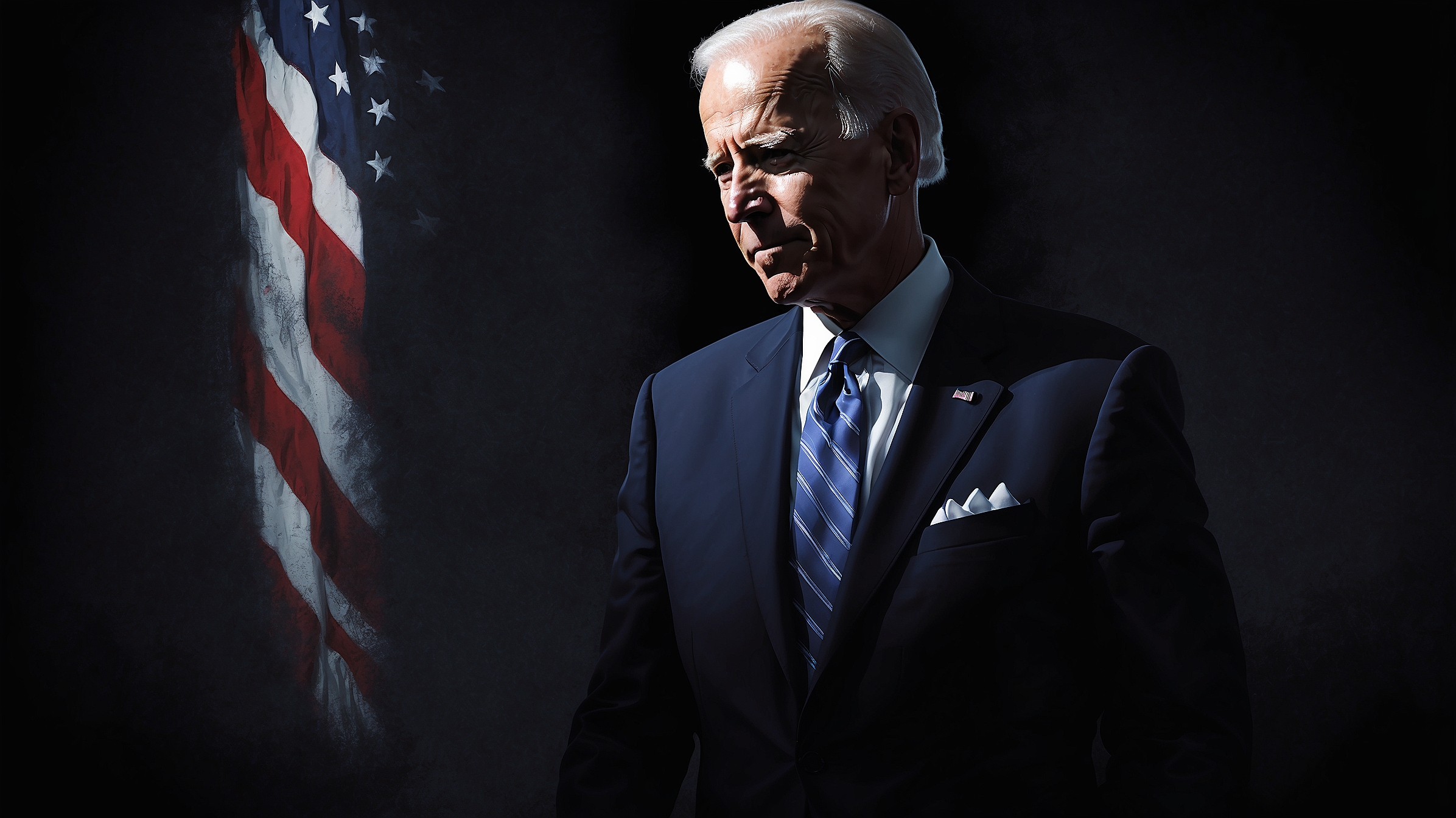
Biden’s presidency saw major domestic accomplishments, such as economic growth and infrastructure reform, but was overshadowed by foreign policy challenges, like Afghanistan’s withdrawal and Middle Eastern conflicts.
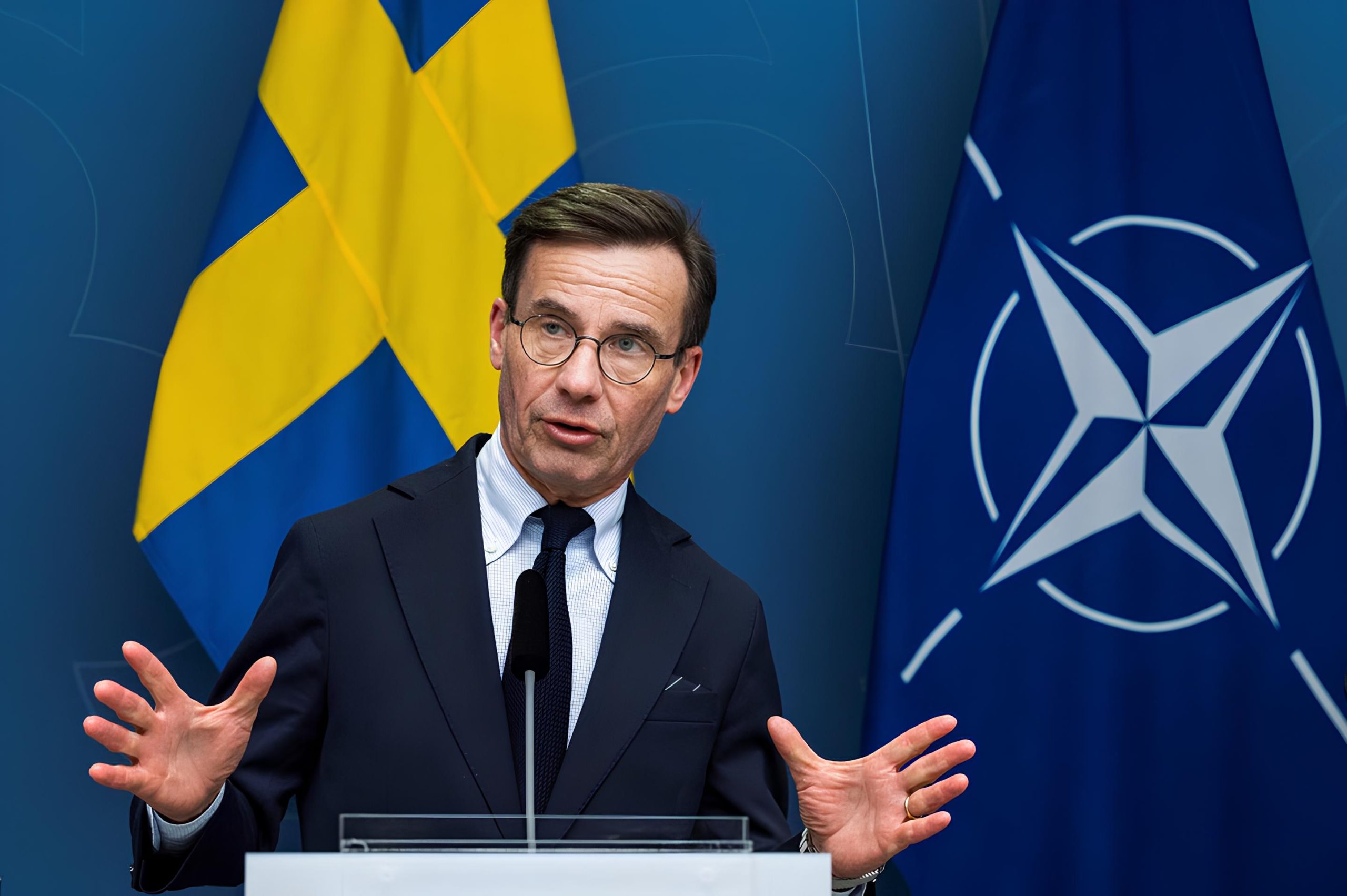
Türkiye’s objection to Sweden’s NATO membership revolves around Sweden’s reluctance to designate organizations like the PKK and YPG as terrorist groups and its handling of relations with these entities. Türkiye is concerned that this stance could weaken NATO’s unity in combating terrorism.

After many years of exploitation of Africa, African leaders have begun to speak out.
Written By: BATUHAN GUNES
Written By: KRISTIN HYNES
Written By: ERIC SONG
Written By: ALEXANDER BERGH
Written By: KATE-REID SMITH
Written By: JOSEF SCHOEFL
Written By: PATRIC MCFARLAND
Written By: FATIH CEYLAN
FA’s flagship evening newsletter guilding you through the most important world streis ofthe day. Delivered weekdays.
